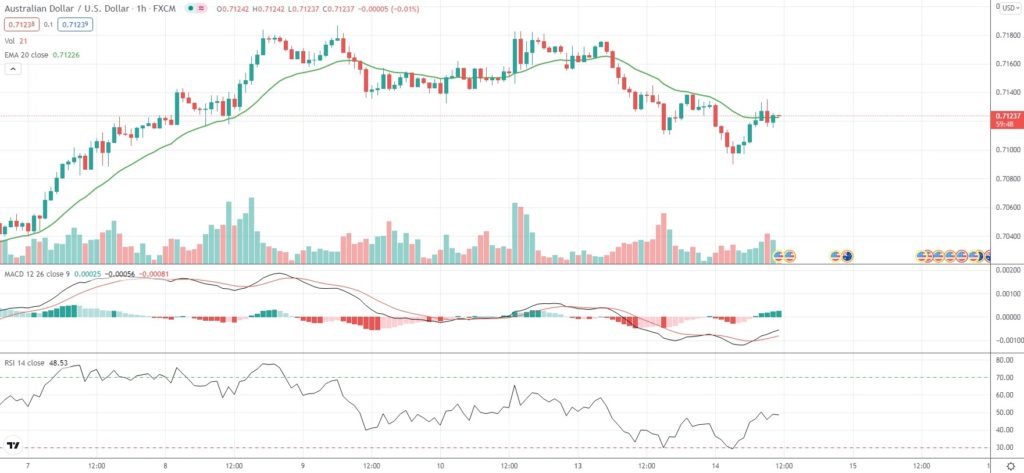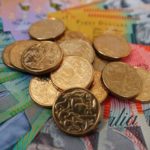AUD/USD, a liquid proxy for risk, retreated to a one-week low on Tuesday due to fresh concerns regarding the spread of the Omicron strain of the coronavirus, which prompted investors to seek the relative safety of haven assets, including the US Dollar and government bonds.
Additionally, the greenback benefited from expectations that the Federal Reserve may announce an acceleration in tapering of its asset-purchasing program tomorrow, while opening the door to at least one rate hike in 2022.
“We still see a risk, albeit fading, that AUD again dips below 0.70 if news about Omicron is negative,” strategists at Commonwealth Bank wrote in a client note.
“A hawkish FOMC policy meeting can weigh on AUD later in the week.”
According to analysts at Westpac, there is a high bar for the Federal Reserve to surprise hawkishly and even if it matched expectations “they are still streets ahead of the ECB.”
Westpac analysts also said that they considered DXY pullbacks into the mid-95 level as an opportunity to buy.
The Dollar Index registered a fresh one-week peak of 96.490 earlier on Tuesday.
Meanwhile, Australian government bonds rose, which translated into a 7 basis-point drop in 10-year yields to 1.546% and a 5 basis-point drop in 3-year yields to 0.856%.
As of 10:55 GMT on Tuesday AUD/USD was edging down 0.12% to trade at 0.7121. Earlier in the trading session, the Forex pair slipped as low as 0.7090, which has been its weakest level since December 7th (0.7040). The major currency pair has remained mostly flat so far in December, following a 5.22% loss in November.
Bond Yield Spread
The spread between 2-year Australian and 2-year US bond yields, which reflects the flow of funds in a short term, equaled -29.38 basis points (-0.2938%) as of 9:15 GMT on Tuesday, up from -30.5 basis points on December 13th.
Daily Pivot Levels (traditional method of calculation)
Central Pivot – 0.7139
R1 – 0.7167
R2 – 0.7204
R3 – 0.7233
R4 – 0.7261
S1 – 0.7102
S2 – 0.7073
S3 – 0.7036
S4 – 0.6999






